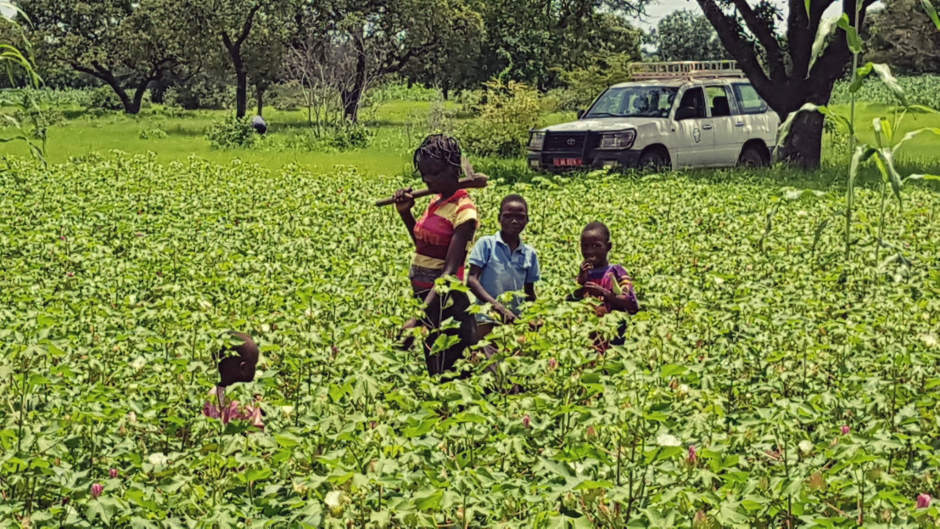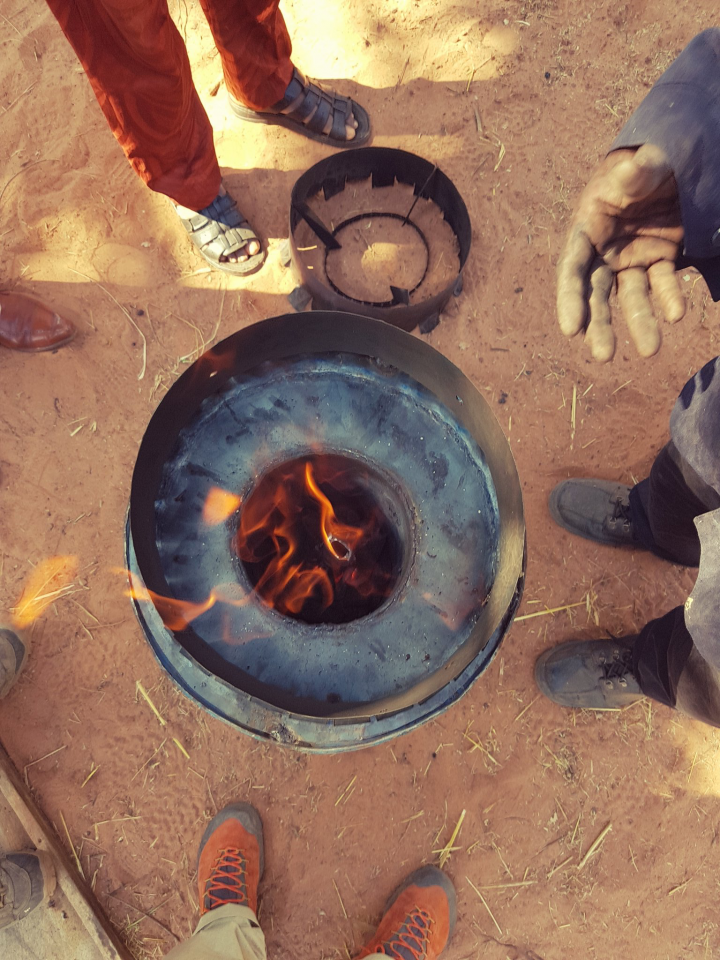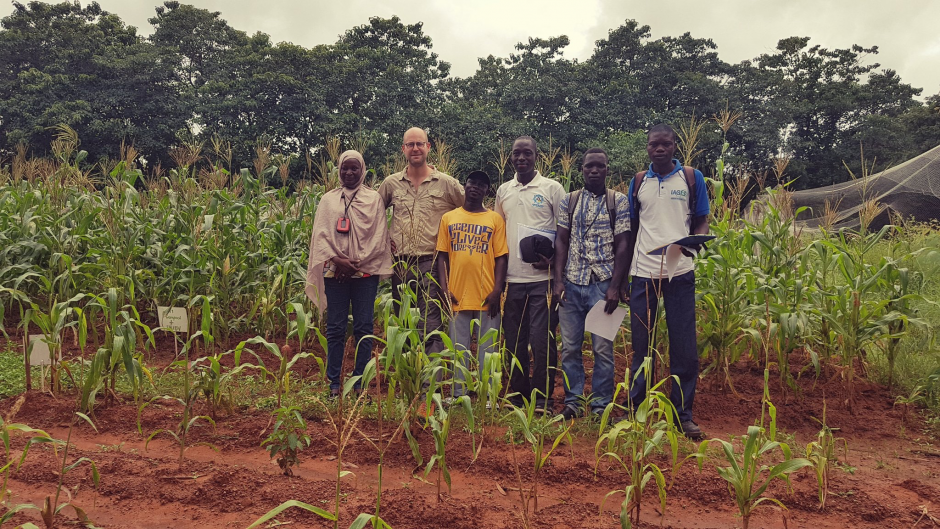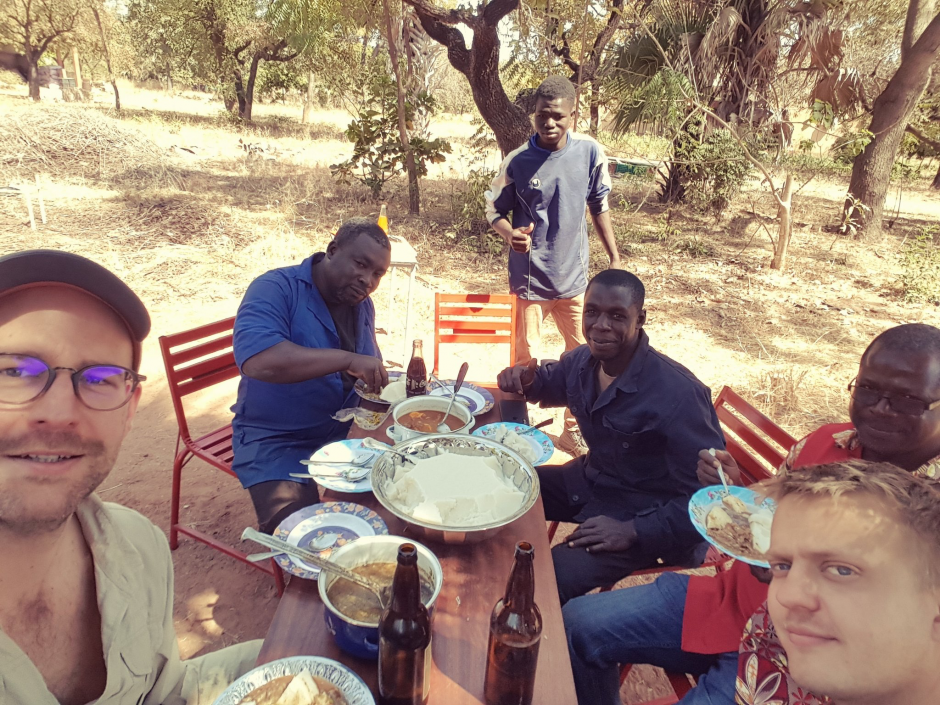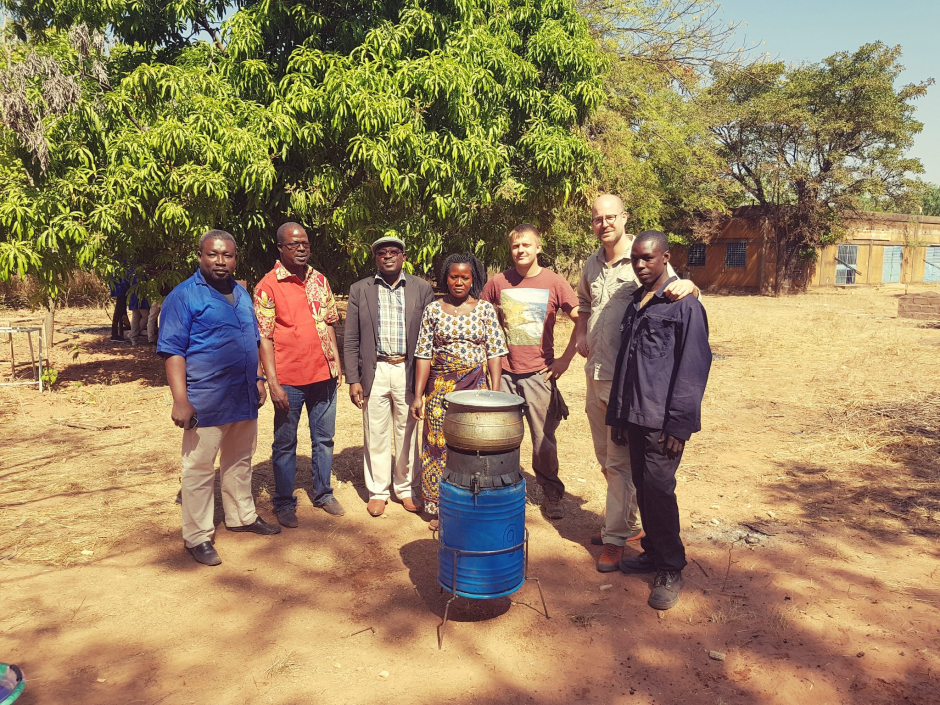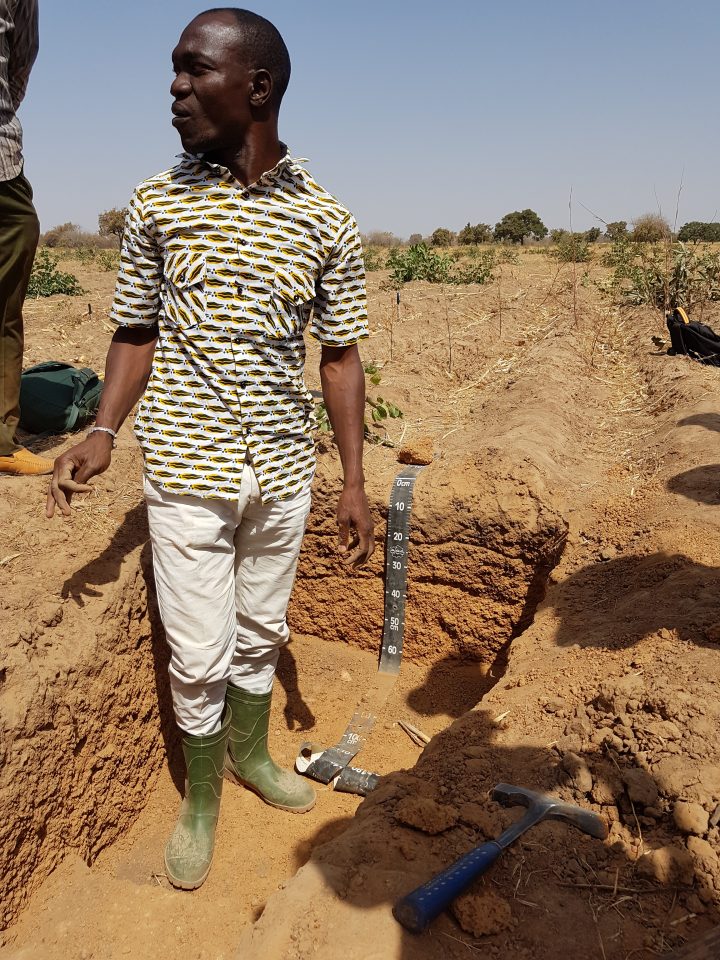Soil-Plant Feedbacks
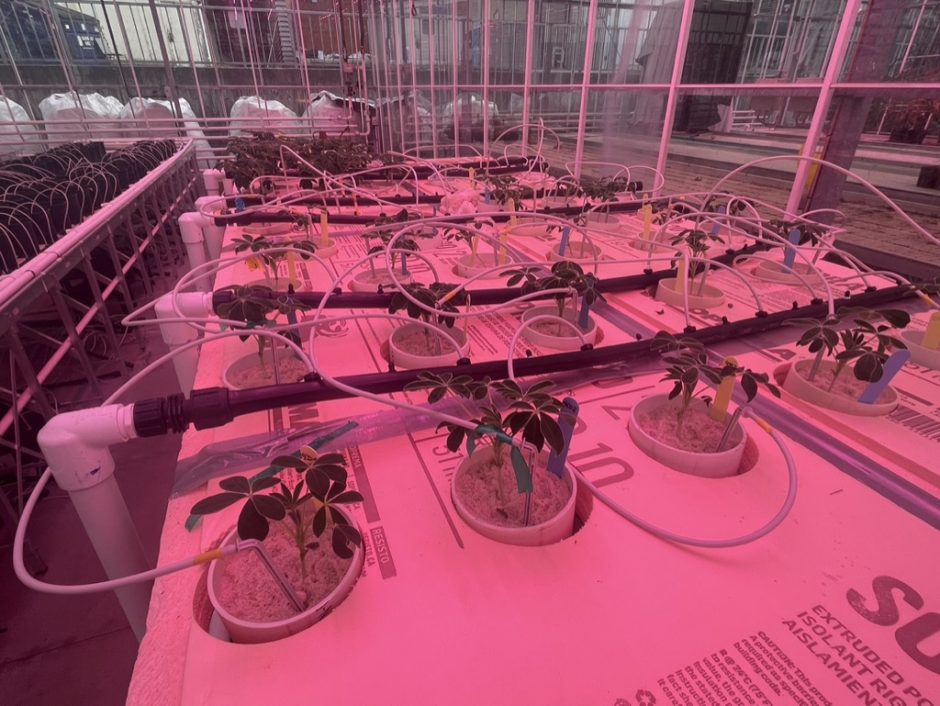
How can we maximize the co-benefits of root exudation in terms of nutrient acquisition and soil carbon storage?
By optimizing soil-plant-microbiome interactions, we aim to maximize the co-benefits of root exudation to support agroecosystem productivity and sustainability. Focusing on microscale processes in the rhizosphere, the hot spot of soil-plant-microbe interactions, allows us to study their contribution to root exudation and plant-microbe interactions. We are studying the intertwined feedback systems between plants, microbes, and soil in slightly nutrient-limiting conditions to maximize plants natural ability to forage for nutrients.
Collaborators: EMSLJ, NSERC, AAFC
Land-People Relationships
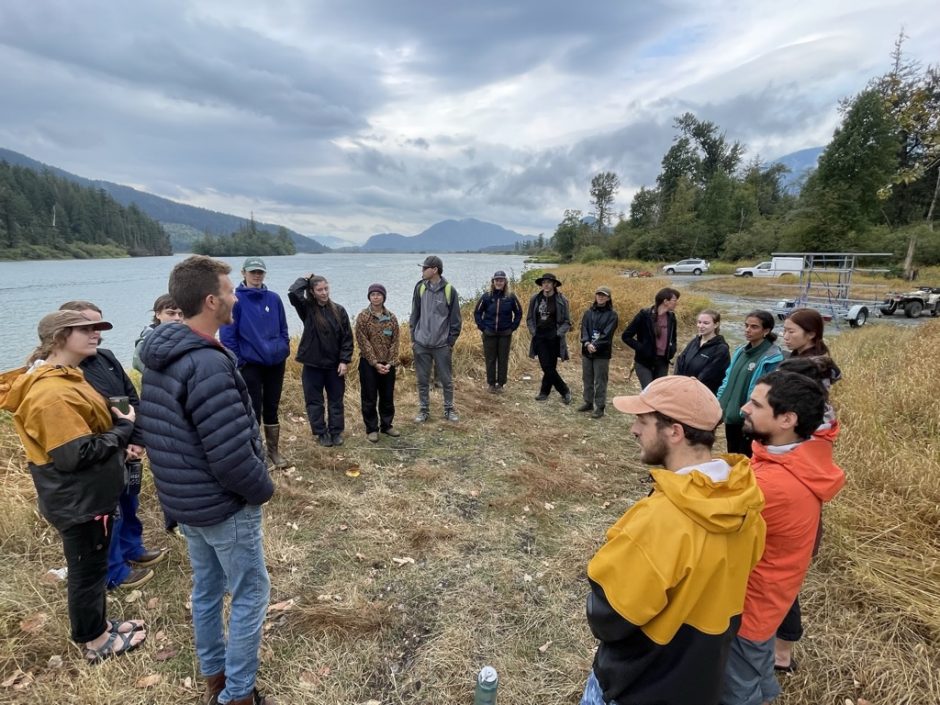
Influence of land-people relationships on soil processes and associated ecosystem properties
We investigate the duality of human interactions with ecosystems that affect soil properties and functioning. Specifically, we aim to understand the impacts of humans on soil carbon dynamics, ecosystem nutrient cycling, and soil isotopic geochemistry. By studying the large and small-scale implications of forest management and stewardship, we hope to contribute towards the development of more resilient ecosystems. We aim to examine the impact of human relationships with the land across time scales, from deep time association to brief contact. Working with Indigenous partners, we hope to contribute towards the revitalization of ancestral land stewardship practices.
Collaborators: Kitselas First Nation, Sts’ailes Nation
Energy and Nutrient Cycling
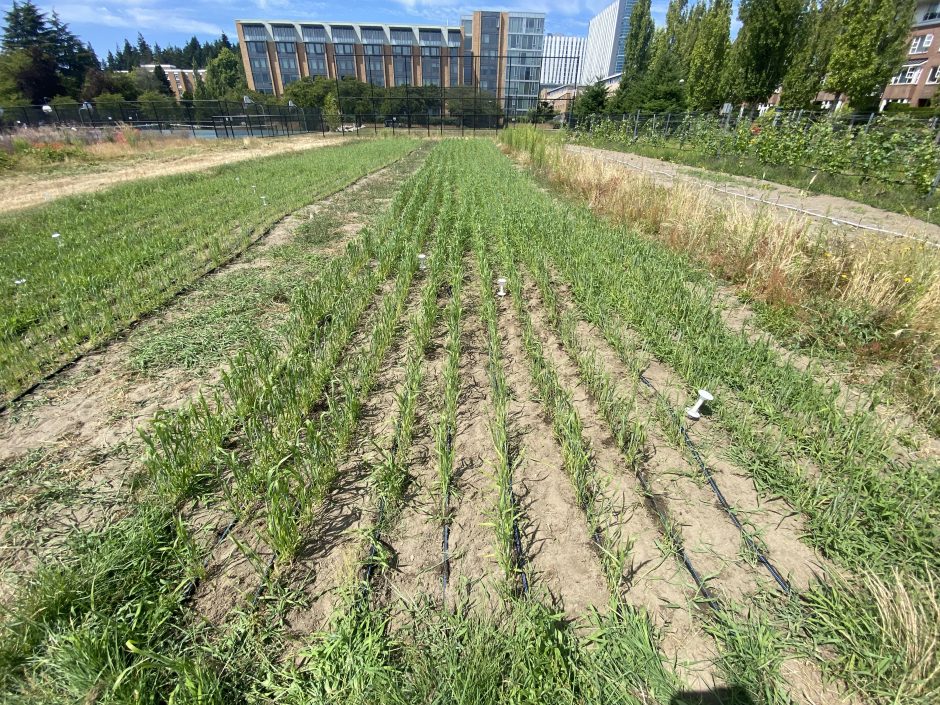
How can we utilize residuals and nutrient surpluses as soil amendments that support agroecosystems for climate change adaptation/mitigation?
We work to take research from the lab to the landscape, attempting to create practical and scalable solutions as tools for agricultural climate change adaptation. We look at micro-scale processes within the larger landscape through Life Cycle Assessments (LCA), field, and greenhouse trials. We embrace the flow of nutrients between ecosystems to investigate the cycling of these nutrients within soils. We are currently exploring biochar produced from forestry residues and its application to agricultural systems, working to understand the impact of this application within soil processes. We take stakeholder driven questions and translate intricate, localized soil-plant interactions into a broader context, providing digestible insights for decision-makers. We’re motivated by systems thinking and a holistic vision, promoting nutrient cycling, residuals utilization, and creating resilience within agricultural systems.
Collaborators: BC Biocarbon, BC Dairy, Dairy Farms of Canada, Maja Krzic
Past projects
SENSi – Sensitivity to climate change of soil processes controlling Si cycle (Funded by FNRS, Belgium; led by Dr. P. Roux and Dr. R. Berni)
It has been recently demonstrated that Si cycle directly interact with global carbon C cycle This interplays influence the earth’s climate as atmospheric CO2 is consumed through silicate weathering and the transfer of Si from and into coastal zones sustain diatom growth, key organisms in ocean productivity and CO2 sink. Research over the past decade has revealed a strong biological control on pathways and delivery rate of Si from land to ocean. Indeed, plant-derived Si (biogenic silica precipitates in plants) represent an important Si pool in terrestrial environments. Despite the importance of the interplays between C and Si cycles, it is unknown how controls of predicted climate extremes on soil processes will affect Si cycling in terrestrial ecosystems. We can however assume that interest in Si cycle sensitivity to climate change will be high because of its potential feedbacks to climate change mitigation through two key soil processes: soil organic matter decomposition and silicate weathering. In the SENSi project, we suggest to study for the first time the controls of weathering and decomposition processes on sensitivity of terrestrial Si fluxes to climate extreme changes. The Si fluxes will be continuously monitored using controlled facility of the Ecotron Climate Change Experiment implemented at TERRA Teaching and Research Centre at ULiège
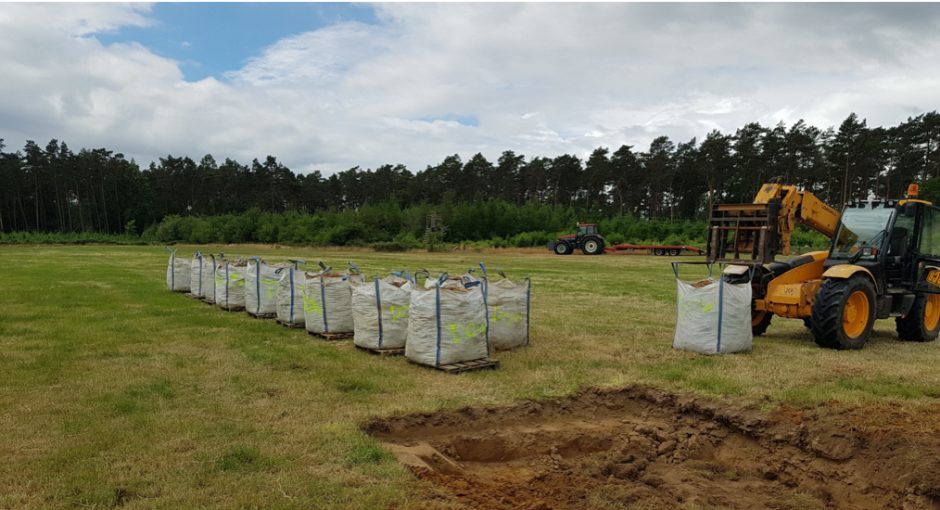
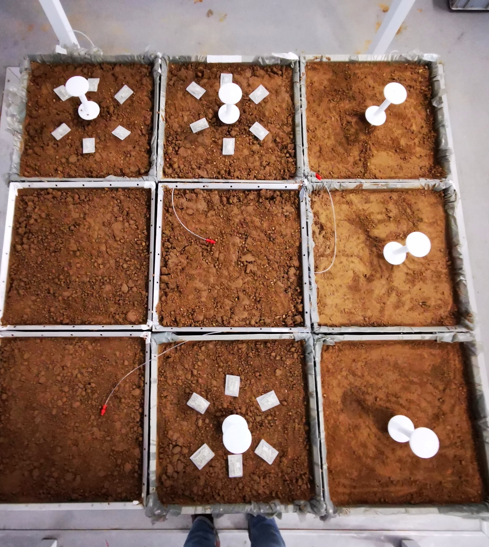
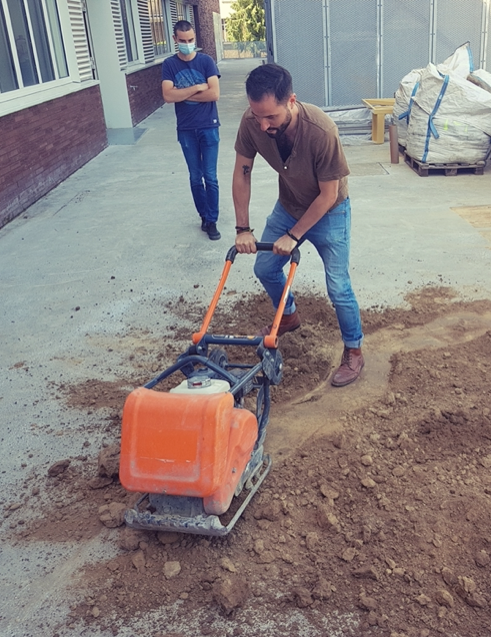
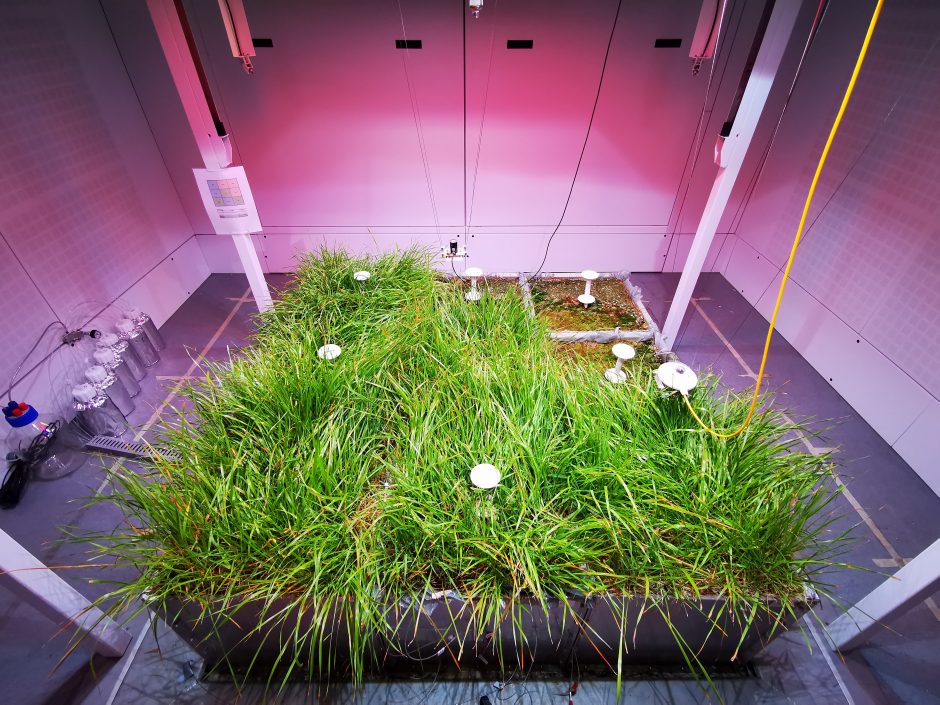
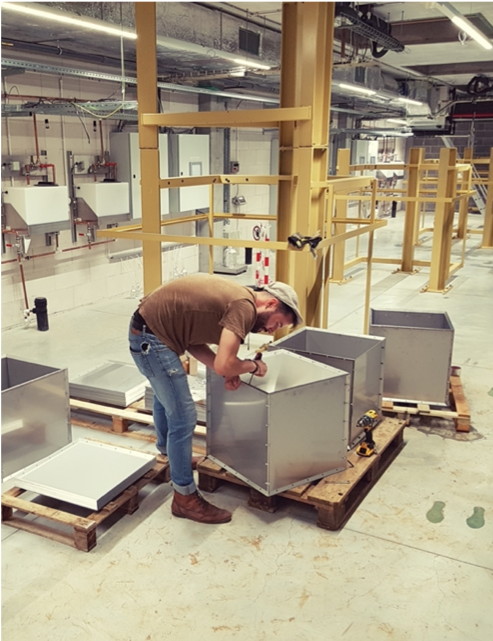
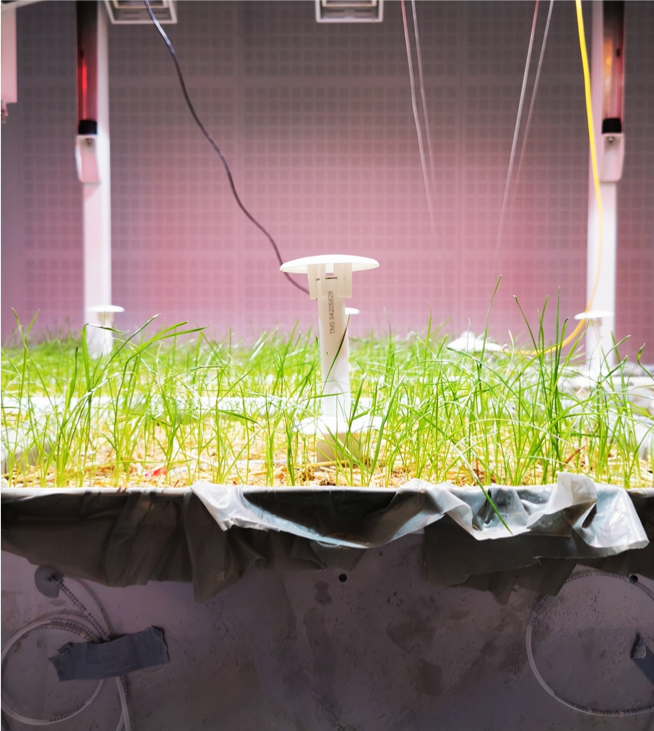
SiCling – Climatic drivers of soil processes controlling Si biocycling in terrestrial ecosystems (funded by FNRS, Belgium; led by F. de Tombeur)
Research over the past decade has revealed a strong biological control on pathways and delivery rate of Si from land to ocean. Indeed, amorphous biogenic silica precipitation in plants, called phytoliths, represent an important Si pool in terrestrial environments. It has been demonstrated that type of vegetation and soil weathering degree strongly influence the rate of Si biocycling in terrestrial environments. Nevertheless, the impact of climate on Si biocycling in terrestrial ecosystems and the return and stability of phytoliths in topsoil has never been studied. In the proposed research project, we aim to study the effect of change in water balance (increasing precipitation) on soil mineralogical composition and the resulting impact on dissolved Si pool in soils and Si cycling by plants over time (increasing soil age). More specifically, we seek to study (1) the climate effect on the mineralogical sources controlling the dissolved Si pool in soils characterized by increasing weathering degrees, (2) the climatic control on Si biocycling rates and phytoliths composition and (3) the impact of phytoliths composition on Si biocycling through their ability to be dissolved. For this purpose, we will use four long-term soil chronosequences (western coast of Australia) in identical geological conditions but contrasting climatic conditions. Each sequence presents a series of soils in Holocene, Middle Pleistocene and Early Pleistocene dunes. Such soil systems characterized by increasing soil weathering stage under climatic gradient will allow us to study for the first time how climatic drivers affect soil processes controlling global Si cycle.
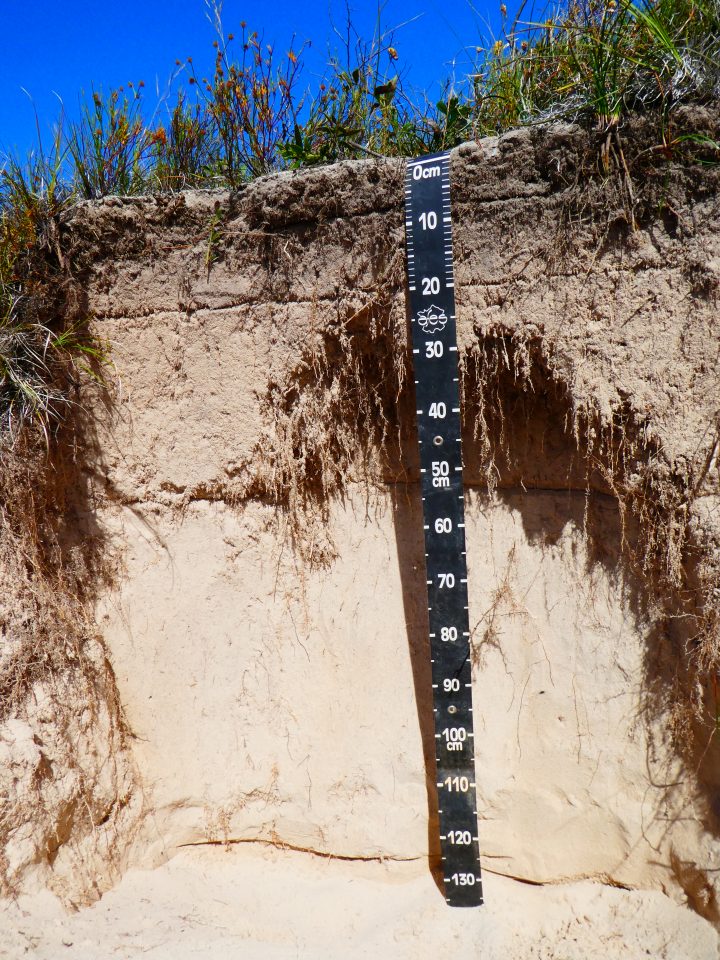
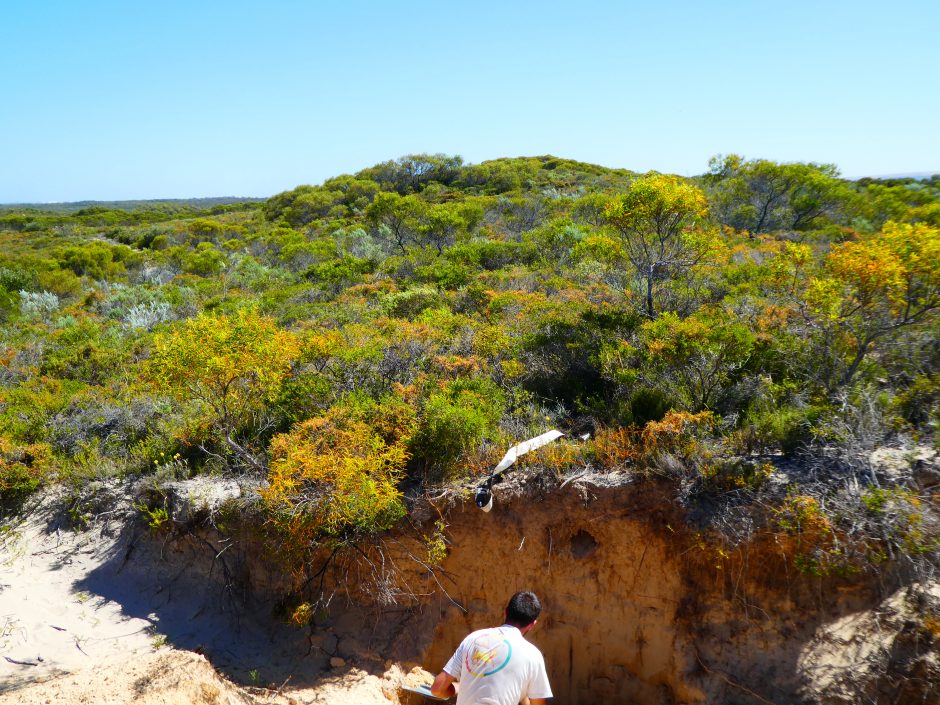
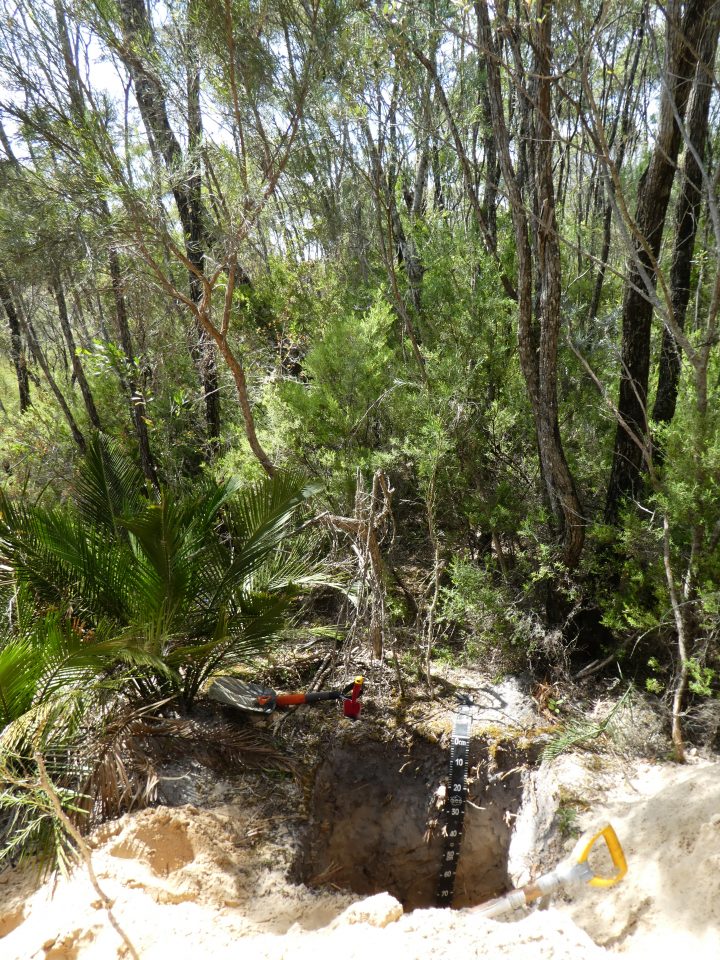
CHAR – Century-old CHARcoal kiln sites as an experimental site for assessing long-term biochar effects on agronomical and environmental performance of agricultural soils (funded by ARC-ULiège, Belgium; led by Dr. J. Fouché and V. Burgeon)
This project considers the responses of crop systems to the variations of pedological and hydrodynamic soil properties induced by charcoal accumulation over more than 150 years as an analogue to biochar (a carbon rich solid phase produced by pyrolysis) accumulation. The latter is widely considered to substantially improve soil fertility and waterholding capacity while sequestering carbon (C) in soils. The many studies dealing with the biochar effects on the agronomic and environmental functioning of agricultural soils have mainly considered short-term experiments. Yet, there is an urgent need to document long-term effects since pyrolyzed organic matter impact on soil chemical, physical and biological properties is up to now almost unknown. In this regard, the biochar technology cannot yet be considered as a sustainable efficient agrotechnology, especially since biochar properties change with time of exposure through surface oxidation.

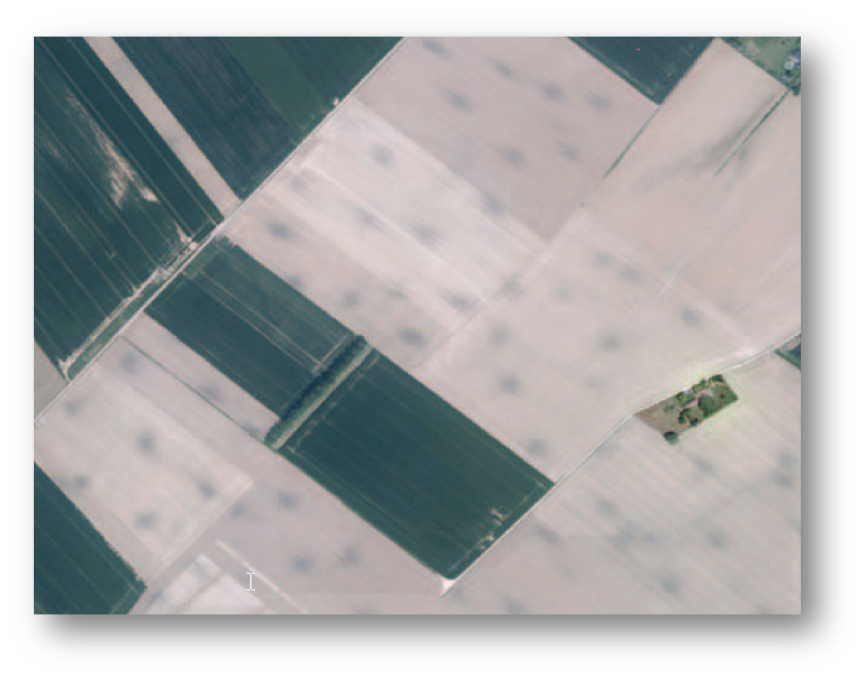
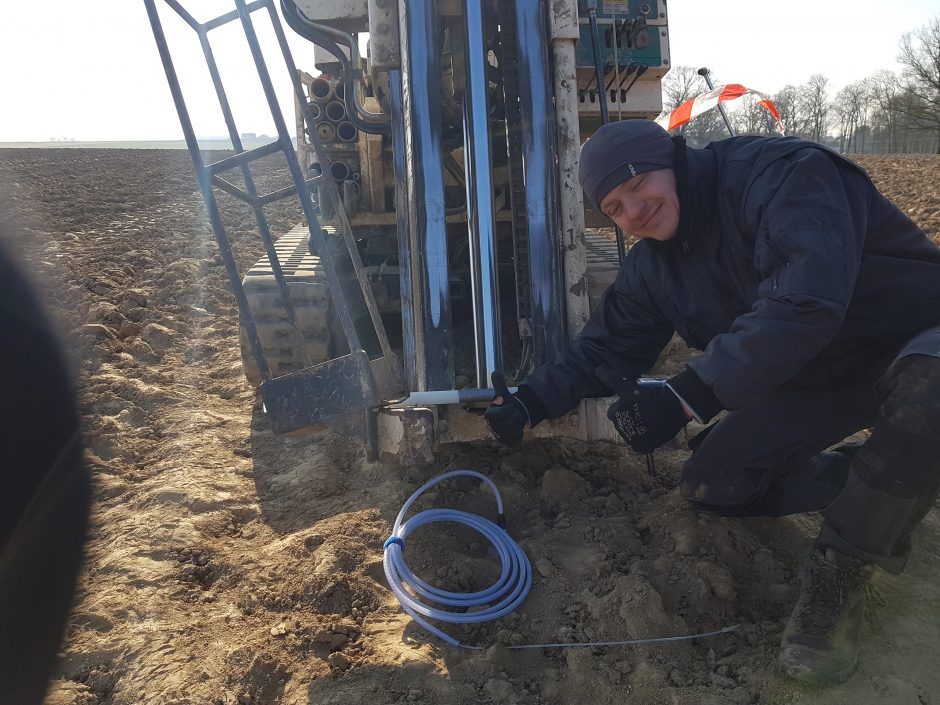
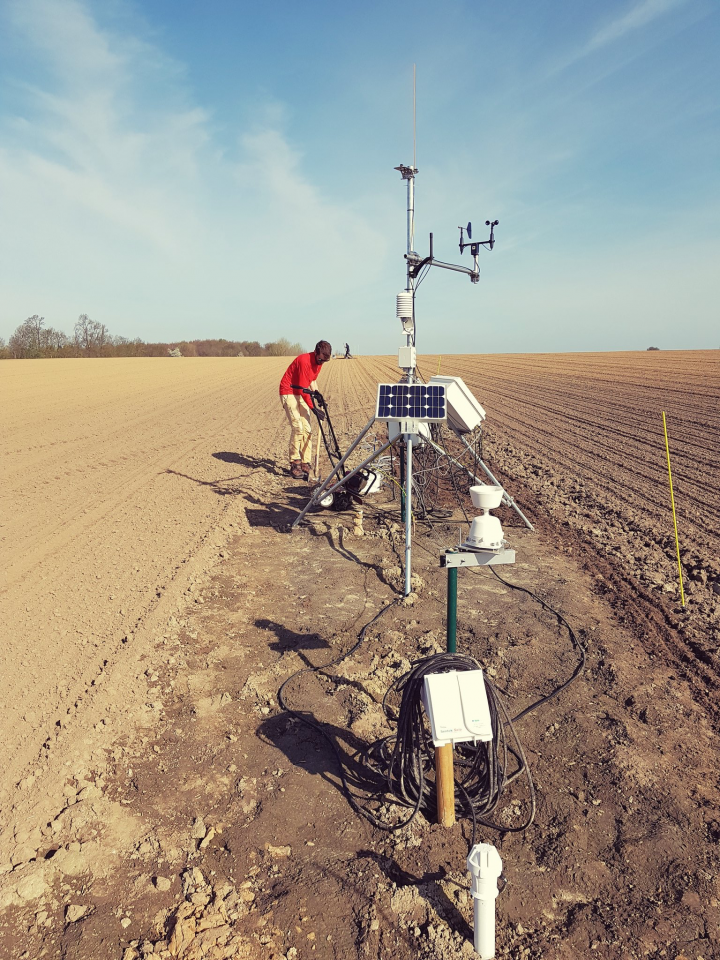
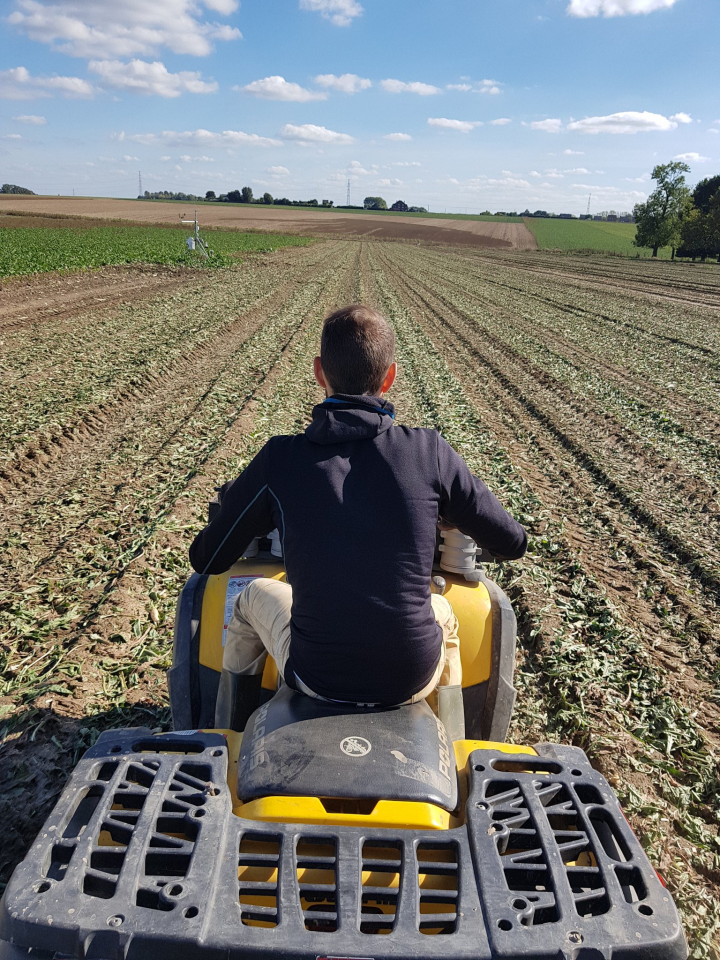
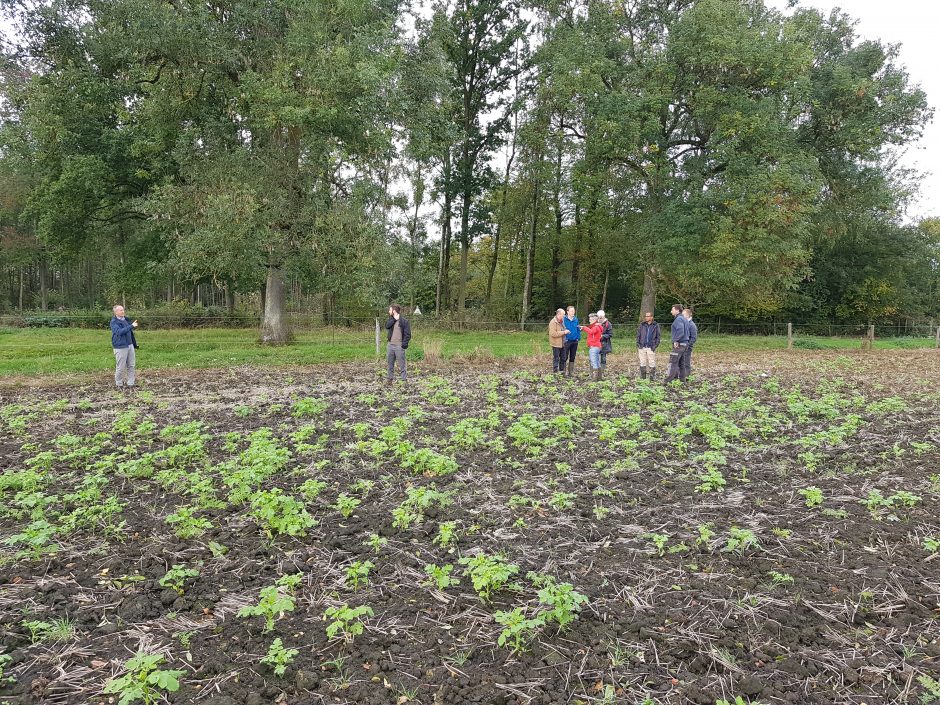
BIOPROTECHSOL – Biochar as a nutrient recycling tool in Burkina Faso (funded by ARES, Belgium; led by D. Cissé and F. Saba)
Residues from cotton stalks are recycled via production of biochar which is activated via co-composting, to evaluate in field trials the effect on soil properties and crop growth parameters. The project closely collaborate with smallholders through living lab approach that allow to pilot and experiment how biochar, co-composting and Slow Release Biochar Fertilizer influence maize and cotton yields in crop rotation systems. The energy produced during pyrolysis processes is used for cooking.
